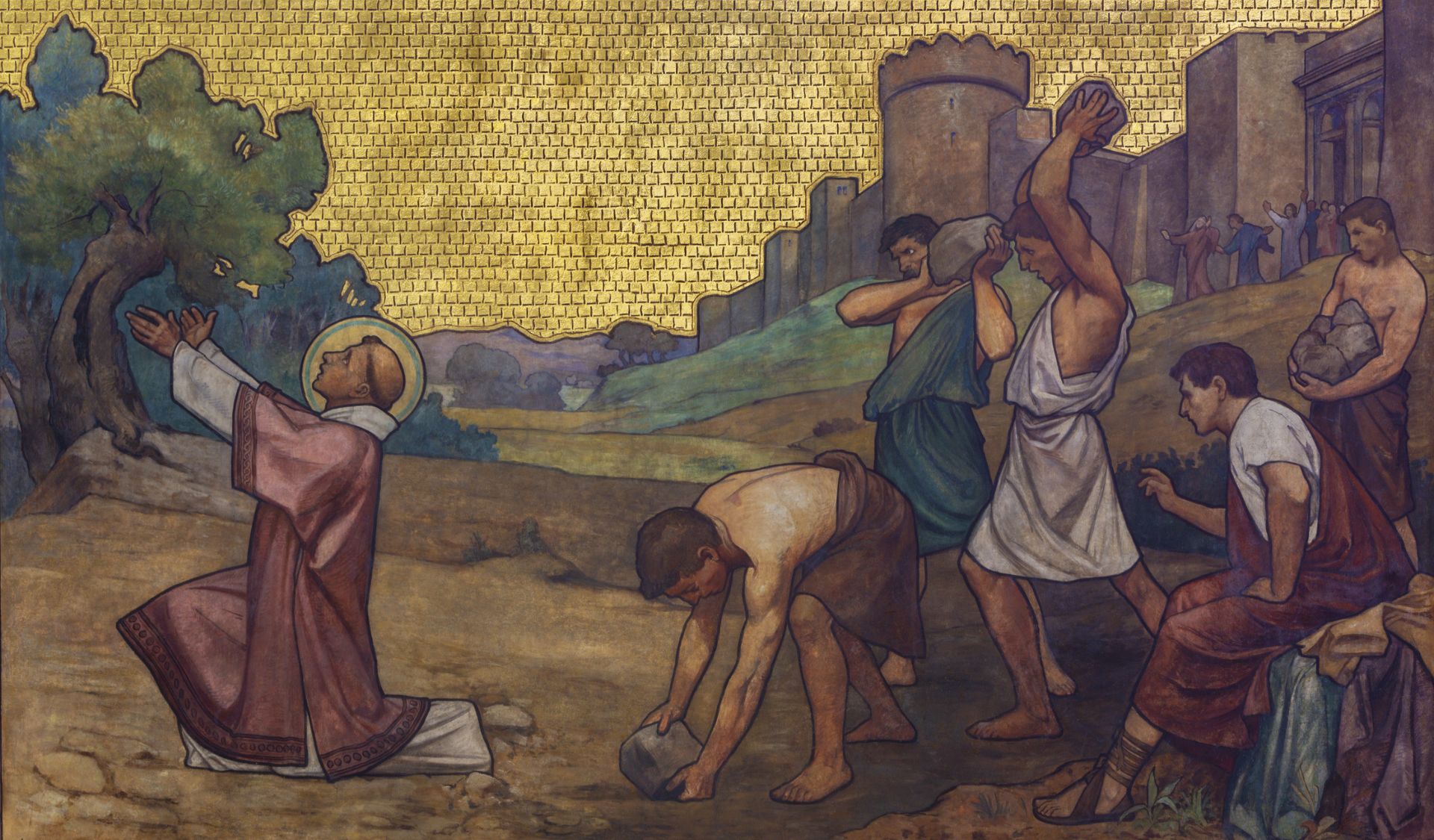In India, the religious minorities, particularly the Christians, experience different forms of persecution: direct (physical assault, mob lynching, destruction of worship places, prohibitions on religious gatherings and conversion, etc.) and indirect (administrative delays, discriminatory behaviour by the ruling class, religious profiling, etc.) Religious polarisation, which spews out the poison of intolerance, results in the persecution of the religiously ‘other.’ Religious persecution is a blatant violation of the freedom of religion. It is neither a spontaneous emotional outburst nor a product of conflict between mundane personal or community interests. Rather, it is ideologically motivated and strategically executed. The Hindutva ideology provides ideological sanctioning, and thus determines the content of persecution. In the process of ideologically conditioning the people, this ideology initially identifies the Christians as religious ‘outsiders.’ Under the pretext of ‘forced’ conversion, anti-conversion discourses and laws also contribute to the persecution of Christians.
The Christian faith informs that persecution can be looked at in two dimensions: human rights and endurance. For me, both constitute the content of the theology of persecution. The former takes us to the ‘God of Human Rights’ in the Bible and tells us that freedom of religion is a God-given human right, and persecution violates it. God affirms every human being’s rights and stands with him/her when their rights, including the freedom of religion, are violated. For example, the Book of Exodus portrays how the God of Human Rights restored the rights of the people of Israel, who had gone through the violation of basic human rights, particularly the right to worship their God. The divine intervention and subsequent liberation of the people of Israel underline the fact that freedom of religion is as imperative as any other form of freedom for meaningful human existence. Therefore, in the context of persecution, the church, the community of Jesus that derives energy from the God of Human Rights, must strive to protect religious freedom.
Religious persecution is a blatant violation of the freedom of religion. It is neither a spontaneous emotional outburst nor a product of conflict between mundane personal or community interests. Rather, it is ideologically motivated and strategically executed.
Faith in the God of Human Rights should lead us to pursue awareness of violations of religious freedom, express solidarity with the persecuted, initiate legal actions against the violators, participate in the activities of human rights movements, join with similar voices of liberty, etc. Though it is risky, the Christian faith demands the community to walk in the perilous path. The protection of human rights is intrinsic to the life and mission of the Christian community. It gives a theological framework for our involvement in the protection of human rights, particularly the freedom of religion. However, the perspective of endurance takes us to the other dimension of the Christian approach to persecution.
The inseparability of persecution and the Christian life is movingly expressed by John Chrysostom: This is our life…the apostolic life is purposely designed to suffer abuse, to suffer evils…” In this world, being a Christian is a costly experience and a risky task. Dietrich Bonhoeffer beautifully weaved discipleship and suffering and said, ”discipleship involves suffering. When Christ calls a man (woman), he bids him (her) come and die.” It involves not only sacrificing the personal comforts and aspirations but also experiencing suffering and shame from the hands of those who hate Jesus Christ. For him, there is only one option left for the disciples in such a situation: forgive the sins of others as Jesus did on the cross. The passion of Christ provides energy to forgive the tormentors. Indeed, “suffering is the badge of true discipleship.” This suffering is not an ordinary experience. The persecuted share in the fellowship of suffering with Christ on the cross. This fellowship gives joy amid suffering. The words of Sr. Meena, a nun raped during anti-Christian violence in Kandhamal, Orissa in 2008, express the feeling of partaking in the suffering of Jesus, “Looking back, I feel that Jesus is not dead on the cross.He is alive on the cross and is still suffering.” “I feel happy that I got a chance to undergo the experience of being crucified.” The experience of direct fellowship with Christ overcomes the pain of persecution.
Though physically and emotionally unbearable, the history of Christian persecution reveals that the persecuted stand firm in faith and hold on to their bold hope. An example of such hope is evident in the words uttered by Archbishop Oscar Romero of El Salvador just a few days before his assassination, “If they kill me, I will rise again in the Salvadoran people…. A bishop will die, but the church of God, which is the people, will never perish.” It was long proved in the life of early Christians also. John Chrysostom asked, “In what way were the martyrs harmed, whose souls were broken by the most severe tortures? Didn’t they all shine most brightly at the very moment they were abused, at the time others set traps for them when they nobly stood firm while suffering the worst agonies?” Even at the point of severe persecution, this faith shines forth in the life of persecuted believers. Leaving the faith, for them, is unthinkable. Asmita, a wife who could not even see the body of her husband who was a pastor, said, “That is the last thing (leaving the faith) I would do in life.” For her, nothing on earth can replace this faith experience. It reveals the power of the persecuted faith, a faith that gives hope for the future.
Forgiveness is not weakness, but the weapon of the weak.
While experiencing the suffering, the persecuted consider their faith as the source of comfort, hope, and courage. They don’t immerse themselves in disappointment (I am not negating such experience altogether) but move on by the energy they receive from the faith. The words of Christudas, who lost his wife, reflect it when he says, “This earth is not our final or permanent place. We are only pilgrims here. That is our faith.” Surprisingly, the life of the persecuted is the site of shining faith and the persecution (I am not glorifying it) is the time of being vulnerable, but strong and hopeful in faith.
The Bible teaches us that earthly persecution is compensated with heavenly reward (Matt 5:10–12). The heavenly reward is the assurance and the rationale for the persecuted to rejoice in the time of suffering (Acts 5:41; 2 Cor. 4: 17; 1 Pet 1: 6-9). The Christians affirmed it when they lost their houses, life partners, pastors, livelihoods, and worship places. God suffers (participates in suffering) with His persecuted people (Acts 9:4). The persecuted are the extended body of Jesus whom God took human form. Though not equal to the vicarious suffering of Jesus on the cross, the suffering of the persecuted has redemptive value. It is suffering that simultaneously manifests the spirit of forgiveness. This forgiveness brings the tormentors closer to Jesus Christ, who is the ultimate embodiment of divine forgiveness. Forgiveness is not weakness, but the weapon of the weak. It is the forgiving and reconciling nature of the persecuted Christians that made this faith (once the faith of the weak in many contexts) attractive and redemptive for many, particularly those who sought to destroy it. However, divine participation also calls for human solidarity (Christian solidarity) with the persecuted in the time of rejection, humiliation, torture, and death.





